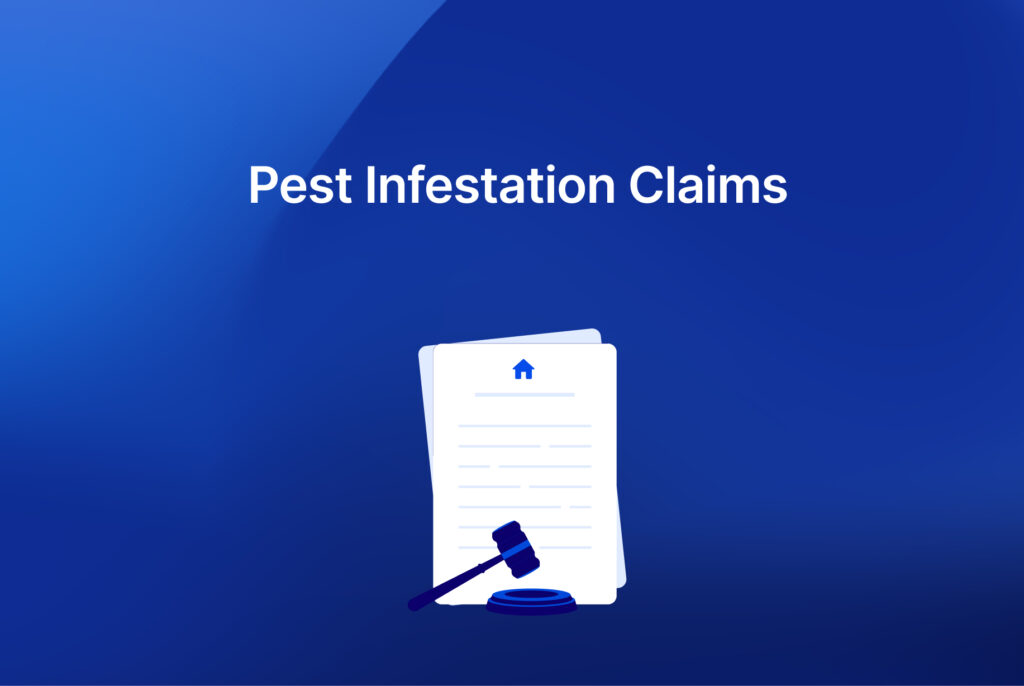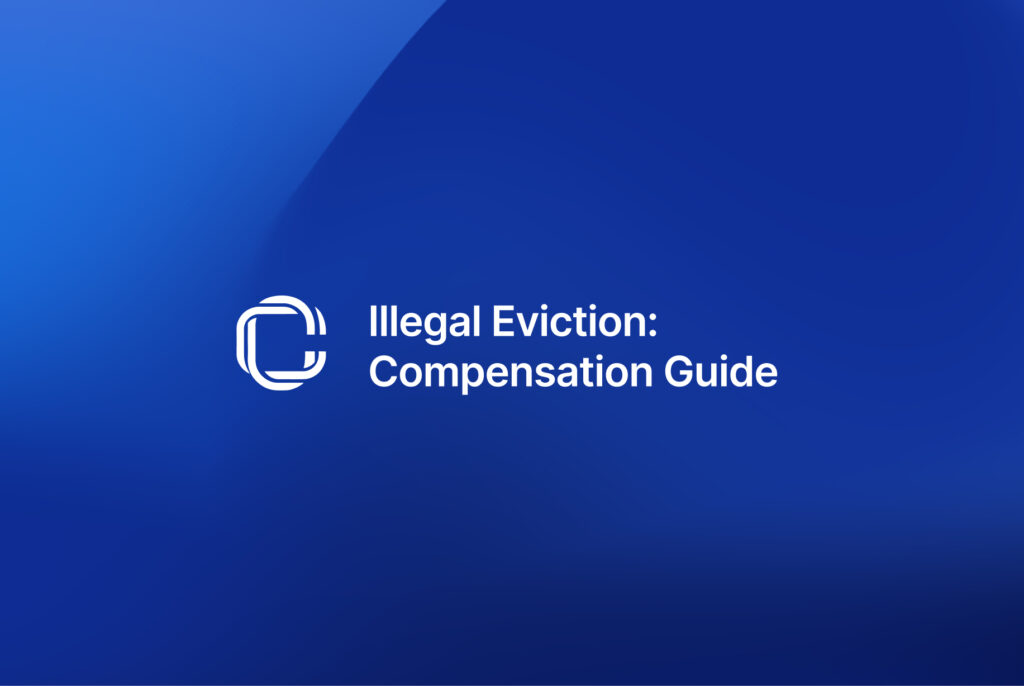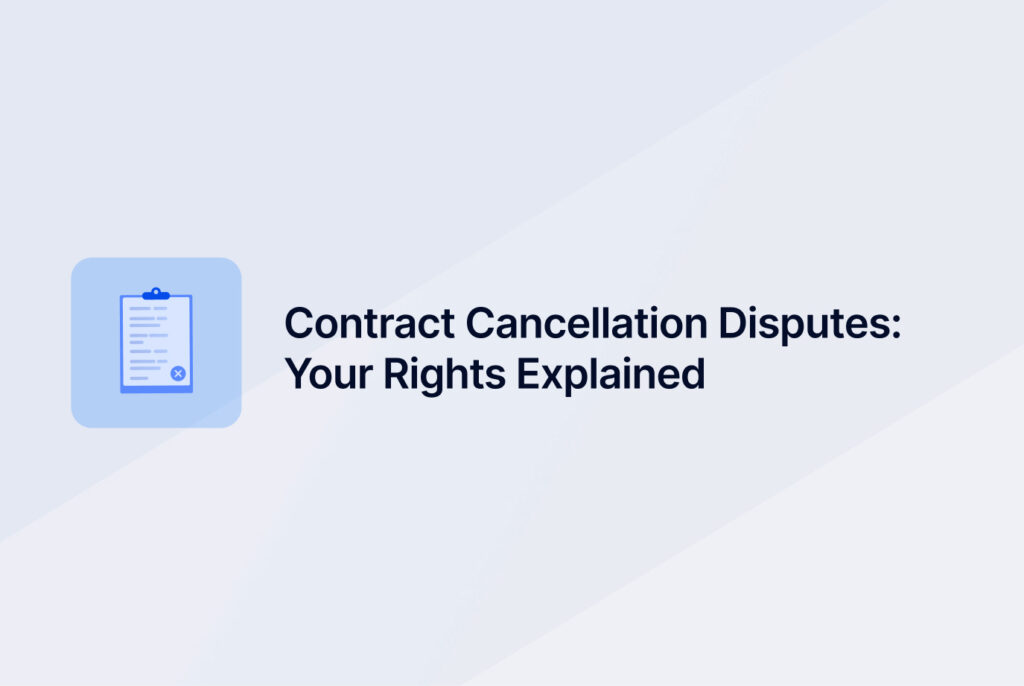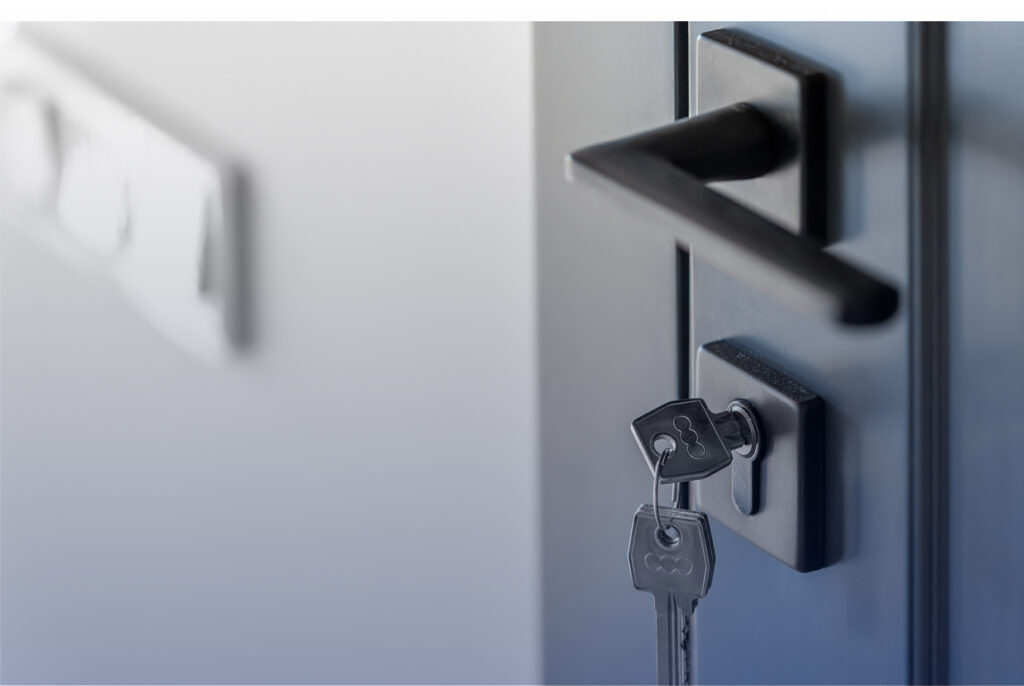Is your landlord ignoring repair requests? Learn your rights under UK housing law, how to report negligent repairs, and claim compensation for losses caused by delays.
Living in a rented home should be safe and hassle‑free, yet many tenants endure leaking roofs, broken heating and damp walls while waiting for their landlord to act. Negligent landlord repairs aren’t just inconvenient; they can breach legal duties and leave tenants out of pocket. This guide summarises your rights under UK housing law, how to document and report repair issues, where to turn if nothing happens, and the routes to compensation. It also explains how CaseCraft.ai can streamline the small claims process.
1. Your Landlord’s Legal Repair Obligations
British housing law places clear landlord obligations on property owners. Section 11 of the Landlord and Tenant Act 1985 implies a covenant in most residential leases requiring landlords to keep in repair the dwelling’s structure and exterior and maintain key installations. Specifically, landlords must repair the roof, walls, drains and external pipes and ensure that installations for the supply of water, gas and electricity and for sanitation are kept in working order. They are also obliged to maintain space‑heating and hot‑water systems.
Guidance from GOV.UK reinforces these statutory duties. The official advice notes that landlords are always responsible for repairs to the property’s structure and exterior, sanitary fittings such as basins, sinks and drains, heating and hot water, gas appliances, pipes and ventilation, electrical wiring and for damage they cause when attempting repairs. These landlord obligations apply whether you rent privately or from a local authority or housing association. The Housing Health and Safety Rating System (HHSRS) also obliges councils to act if a property has serious hazards such as damp, mould or unsafe electrics.
While landlords have wide obligations, tenants also have duties. Shelter explains that tenants must look after the property “in a tenant‑like manner” by reporting repairs promptly, keeping outside areas tidy and ventilating the home. You must also give reasonable access for inspections after at least 24 hours’ written notice.
Importantly, landlords must carry out repairs within a reasonable period; timescales depend on the seriousness of the problem. Urgent issues affecting health or safety should be addressed quickly. From 27 October 2025, Awaab’s Law will impose strict time limits on social landlords to remedy damp, mould and emergency repairs.
2. What Counts as Negligent or Delayed Repairs?
Negligent repairs occur when a landlord fails to meet their legal duties. Examples include failing to act within a reasonable time, ignoring repair notices, carrying out shoddy workmanship and causing additional damage while attempting repairs. A landlord’s negligence may also arise where serious health hazards like damp and mould persist. Under Awaab’s Law, social landlords must fix reported damp or mould within strict timeframes. Failure to act could breach both health and safety duties and the implied repairing covenant.
3. How to Report Repairs to Your Landlord
Report problems as soon as they arise and keep a paper trail. Write to your landlord (email or complaint letter) explaining what needs fixing and when you first noticed it. Citizens Advice recommends giving 20 working days for non‑urgent repairs. Attach photographs or videos of damage and, if relevant, evidence of health impacts or extra costs. Provide reasonable access for inspections after 24 hours’ notice, and politely chase if you hear nothing. Keep receipts for any expenses, such as portable heaters or temporary accommodation. A clear timeline strengthens your position if you later seek compensation.
4. Escalating the Issue if Repairs Are not Made
If your landlord still refuses to act, several official channels can help:
- Local council environmental health: GOV.UK advises contacting your local council’s environmental health department if repairs are not done; councils must act if problems could harm you or cause a nuisance. An officer can inspect your home and issue enforcement notices requiring your landlord to carry out work.
- Letting agent redress schemes: If you rent through a letting agent, you can complain to a redress scheme. Shelter explains that all agents must belong to either the Property Ombudsman or the Property Redress Scheme, which can order compensation.
- Housing Ombudsman: Social tenants can complain to the Housing Ombudsman. The ombudsman investigates complaints about councils and housing associations and can order landlords to make repairs and pay compensation. Before contacting the ombudsman, you must first complain to your landlord and give them a chance to resolve the issue.
- Citizens Advice and Shelter: Both organisations provide free guidance and may help you negotiate with your landlord or understand your legal options. Citizens Advice has advisers who can examine your evidence and explain the pros and cons of court action.
Do not stop paying rent unless advised by a lawyer; withholding rent can lead to eviction. Instead, explore rent arrears reduction or reimbursement options under Section 11 or local schemes.
5. Claiming Compensation for Losses
When repairs are delayed or done poorly, you may be entitled to compensation. Shelter identifies several types of loss:
- Inconvenience — disruption to daily life, time spent dealing with builders or being unable to use rooms.
- Financial loss — extra costs such as higher energy bills when using portable heaters.
- Damage to belongings — ruined clothes, furniture or personal items caused by leaks or damp.
- Health problems — physical or mental health issues and related expenses.
Rent reductions are another remedy; you can ask your landlord to reduce your rent to reflect the loss of amenities. Start by requesting compensation directly and support your claim with evidence. If negotiation fails, complain to the Housing Ombudsman or a redress scheme; these bodies can order compensation.
6. Taking Legal Action: Small Claims or County Court
When to Consider Court
The court should be a last resort after attempts at resolution fail. Citizens Advice states that you can take your landlord to court if they refuse to do repairs after you’ve asked them. The court may order the landlord to carry out repairs, pay compensation for health, belongings or enjoyment of your home and pay some or all of your legal costs.
Preparing for Court
Before starting a claim, check that your landlord is responsible for the repairs and gather evidence. Citizens Advice emphasises that you should write to your landlord, giving them 20 working days to complete the repairs and stating that you will start court action if they don’t. Include details of what needs repairing, when you reported the issue and any effects on your health. Keep copies of letters and responses. The government’s Letter of Claim (Annexe A) provides a template for this pre‑action letter.
You usually have six years from when you first told your landlord about a problem to bring a claim. Claims for personal injury must be brought within three years.
Small Claims Versus County Court
Small claims are for straightforward disputes worth less than £10,000. However, for housing disrepair cases specifically, there are stricter limits: both repair costs must be £1,000 or less, and any compensation claim must also be £1,000 or less. If either the repairs or compensation exceeds £1,000, your case will be allocated to the fast track of the county court. Hearings are informal, and you usually represent yourself, which keeps fees and costs down.”
Filing a Claim and How CaseCraft.AI Can Help
To start court action, you complete Form N1, pay a fee, and must send a written request giving 21 days for your landlord to respond. CaseCraft.AI automates this paperwork, helps organise evidence and tracks deadlines, with success‑based pricing and a modest setup fee. See CaseCraft.ai’s guide to small claims court fees for a detailed breakdown of costs.
7. Preventing Disputes with Landlords in the Future
You can avoid many disputes by taking simple precautions and knowing your tenant rights in the UK. Keep copies of your tenancy agreement, inventory and deposit protection certificate, and document repair requests in writing. Report problems promptly and use clear, polite language. Treat the property responsibly, carry out small tasks like changing light bulbs and ventilating the room. Familiarise yourself with your rights under the Landlord and Tenant Act 1985 and Housing Act 2004, and watch for new rules such as Awaab’s Law. Good communication and thorough records can often resolve issues without formal action; trusted guidance from Citizens Advice and Shelter explains tenant rights in the UK in plain terms so you can act with confidence.
Examples of Negligent Repair Cases
A leaking roof that is left unrepaired can cause mould, damage clothes and bedding and trigger respiratory problems; under Section 11, the landlord must fix the roof and damp. A broken boiler in winter, left unfixed for weeks despite notices, breaches the repairing covenant and can justify claims for extra heating costs and inconvenience. Persistent damp because of a faulty bathroom fan, or unsafe wiring ignored by a landlord, may also amount to negligence. Documenting these issues supports compensation claims.
Landlord Repair Guide
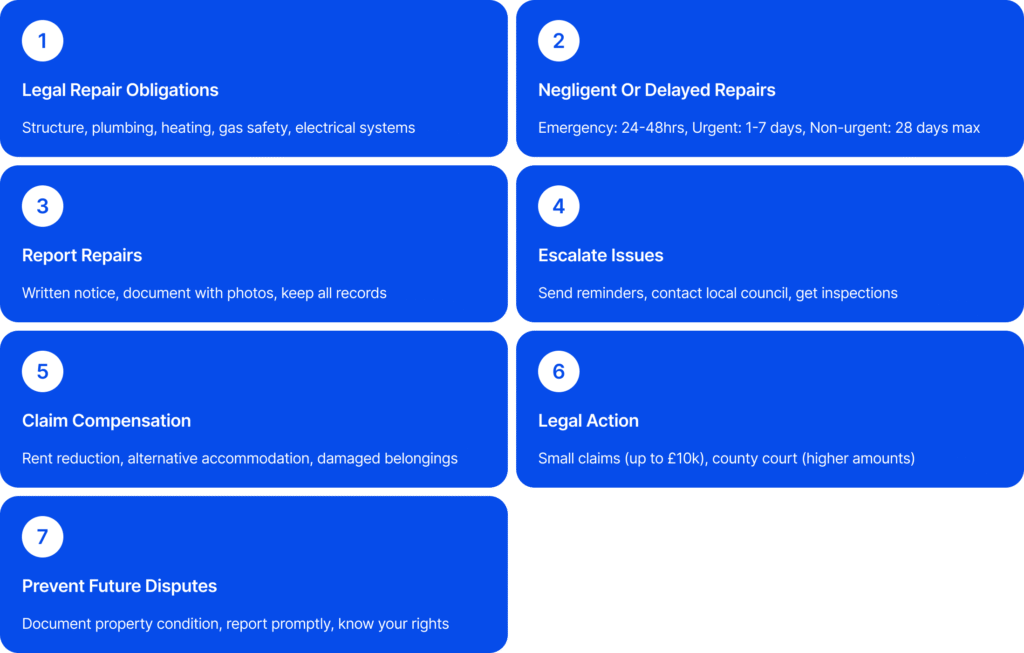
FAQ: Negligent Landlord Repairs
What repairs are landlords legally obliged to carry out?
Under Section 11 of the Landlord and Tenant Act 1985, landlords must keep the structure and exterior of the property in good repair and ensure installations for water, gas, electricity, sanitation, space heating, and hot water are working. GOV.UK also states that landlords are responsible for basins, sinks, baths, drains, gas appliances and electrical wiring.
Can I use small claims court for a housing disrepair claim?
Yes, but only if both conditions are met: the estimated cost of repairs is £1,000 or less and your compensation claim (for inconvenience, stress or extra costs) is also £1,000 or less. If either amount exceeds £1,000, your claim will be allocated to the fast track of the county court instead of small claims.
How long does a landlord have to fix repairs?
Landlords must carry out repairs within a reasonable period. Shelter notes that timescales depend on how serious the problem is and that landlords should redecorate if necessary once repairs are complete. From 27 October 2025, Awaab’s Law will impose strict time limits for social landlords to fix reported damp, mould and emergency repairs.
What is Awaab’s Law, and how does it affect repair disputes?
Awaab’s Law is a new statute that comes into force on 27 October 2025. It requires social landlords to fix reported damp, mould and emergency repairs within strict timeframes. The law was introduced after the death of two‑year‑old Awaab Ishak from mould‑related housing conditions and aims to ensure that hazardous conditions are addressed promptly. Tenants can use the law to hold landlords accountable if they fail to act.




